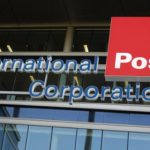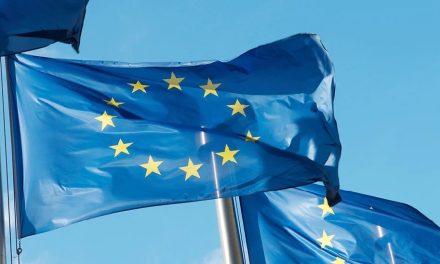
Renault overhauls global spare parts operation
Renault is rationalising its aftermarket operations. The French car-maker has announced plans to build a 150-200,000 m2 warehouse in Sens-Villeroy, Burgundy, 130 km south east of Paris. The first 100,000 m2 of the development will open by February 2007 with a further 50,000 m2 by December of 2007. The complex is designed to handle high volume spare-parts for the global market.
Renault already has three major stock holding sites near its French assembly plants at Flins, Cergy-Pontoise and Saint Ouen L’Aumone, with a joint capacity of over 200,000m2. Although these sites will remain in operation, Renault appears to be centralising its global spares operations around the new site at Sens-Villeroy.
Renault operates its worldwide aftermarket operation from these French sites, feeding a network of 9 Regional Distribution Centres (RDCs) in Europe and a further 7 RDC’s outside Europe. It however has not merged its aftermarket operations with its Group partner Nissan, despite sharing an increasing proportion of components
It is unclear what role former Renault logistics business Groupe CAT will play in this rationalisation. Bought by TNT Logistics, Autologic and WalleniusWilhelmsen Lines it is still the largest 3PL provider to Renault’s aftermarket operations. Groupe CAT’s new shareholder, TNT Logistics, is strongly rumoured to wish to absorb CAT’s aftermarket activities into its own business leaving Groupe CAT’s main finished vehicle business to the other shareholders.
The aftermarket is important for Renault with its spares business turning-over €3.8bn in 2003, so Renault is keen to ensure it remains competitive in market under-pressure from regulatory reform. The EU has been attempting to overhaul the vehicle manufacturers retail structures for several years with Internal Market Commissioner, Frits Bolkestein, presently attempting to reform the crash-repair parts business, where the vehicle manufacturers control up to 88% of the market in France and Germany. The vehicle manufacturers remain politically influential however, particularly with the Commissioner for Enterprise and Industry who is German and the Commissioner for Transport who is French.












